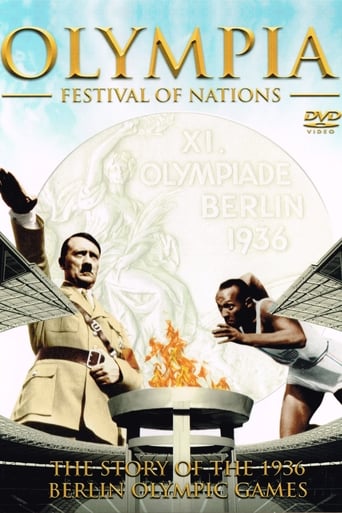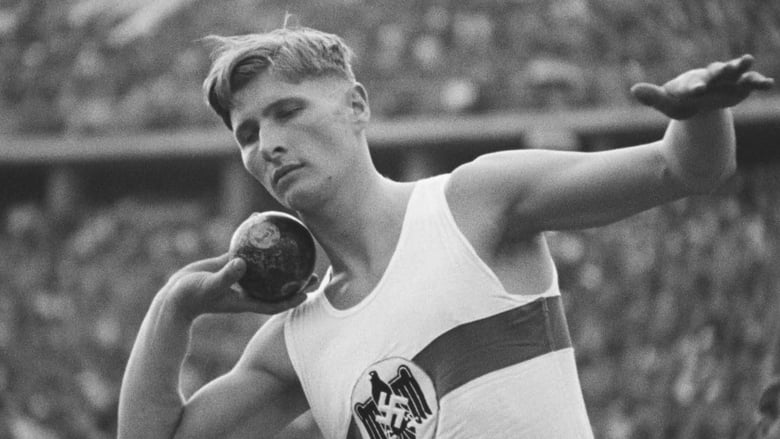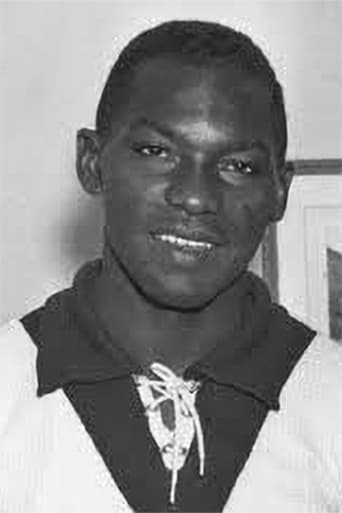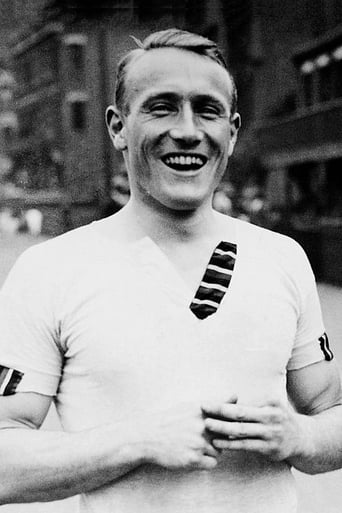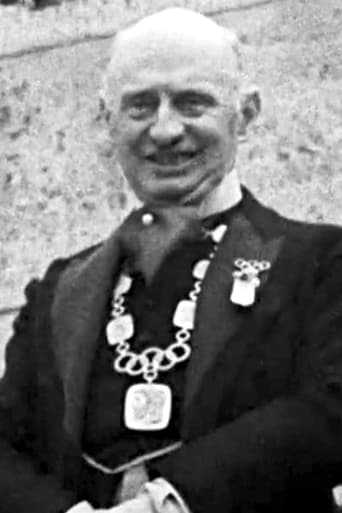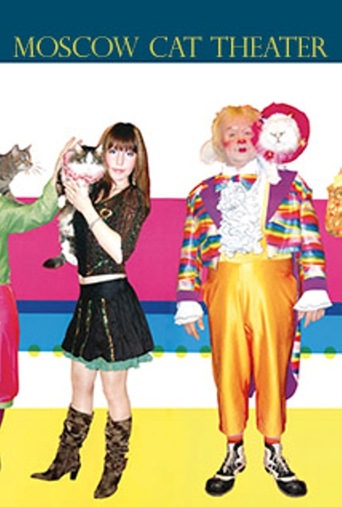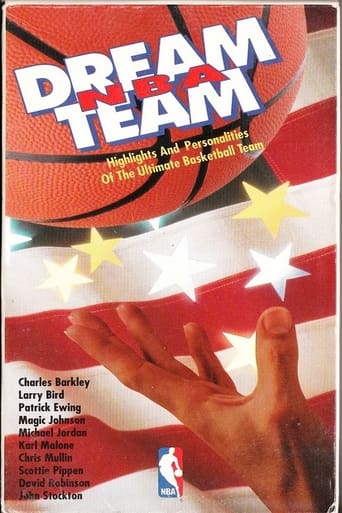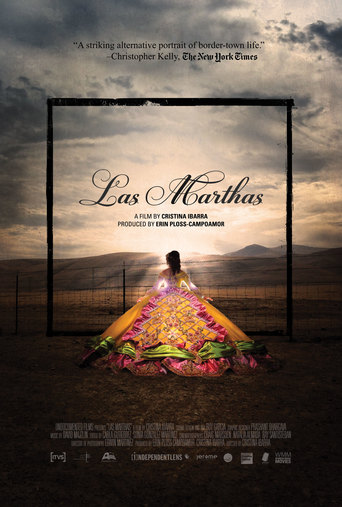Olympia Part One: Festival of the Nations (1938)
The First part of Olympia, a documentary about the 1936 Olympic games in Berlin by German Director Leni Riefenstahl. The film played in theaters in 1938 and again in 1952 after the fall of the Nazi Regime.
Watch Trailer
Cast


Similar titles
Reviews
i must have seen a different film!!
The acting in this movie is really good.
True to its essence, the characters remain on the same line and manage to entertain the viewer, each highlighting their own distinctive qualities or touches.
Very good movie overall, highly recommended. Most of the negative reviews don't have any merit and are all pollitically based. Give this movie a chance at least, and it might give you a different perspective.
This is "Olympia 1. Teil - Fest der Völker", a German film from 80 years ago. The runtime stated here on IMDb is 2 hours 1 minute, but the version I watched was roughly 115 minutes long "only". The writer and director here is centenarian Leni Riefenstahl. At this point in her career, she had already stopped acting and produced some of the most infamous propaganda films in history. However, this documentary here is nothing like that. Like the title says, it is a celebration of all peoples. I personally felt it started a bit uninteresting, but when the introduction was over and the action moved to the actual event, the 11th Olympic Games from 1936 in Berlin, it gets a really great watch. For me, it was fun to see not only the athletes, but check their names on Google while watching and see what happened to them after the Games, during the war for example. I must say it is a bit disappointing how there is not such a documentary for all Olympic Games these days. The film is fairly neutral. It does show the German victories, but also shows for example the triumphs of African American athlete Jesse Owens, the biggest winner from the 1936 games probably. The documentary starts with the opening ceremony (not counting the prologue) and ends with the closing ceremony that follows the marathon event won by a Japanese athlete. Of course, we do not see Hitler applaud the foreign athletes, especially not the Black ones like Owens, but this would also have been really surprising. Germany wanted to prove themselves as open to the world (of sports), but that would have been too much. I believe this was a very good watch and all the original footage makes it a priceless historic document in terms of sports and politics. The only criticisms I could think of while watching was the lack of sports that weren't athletics, but I see Riefenstahl apparently covered that area in her second film on the subject. A must-see for every aspiring sports journalist. Highly recommended.
Since the 1936 Olympics was pretty much one big propaganda event for Hitler-Germany, this documentary about it can also be seen as a piece of propaganda. You could say that it's just a recording of the event and it doesn't glorify Hitler and Nazism. It show a bit too much of Hitler and his friends than really necessary and it glorifies the German athletes more with its images than with most other athletes is the case. The 1936 were used as a medium to show the supremacy of the Aryan race and show the German athletes as Übermenschen.Besides being known as the Nazi-propaganda Olympics, the 1936 Olympics are of course also known as the Olympics of Jesse Owens. The black American who won 4 golden medals. A clear booing and whistling can also been heard during the first running that he won and during some of his other wins and attempts, while all other athletes got cheered at, no matter were they were from. This didn't only happened to Jesse Owens though, since he of course wasn't the only black athlete at the Olympics who won a medal.They didn't used only footage from the actual Olympics but some of the images were obviously added later into it. I'm not just talking about the movie its intro but also of the actual sporting events. This can be the drop of a spear or discuss and things like that. It's obvious that it's all added later and that the movie is edited in such a way that it's obvious that at times the crowd reactions and all don't really go with the images but for artistic reason it obviously works out well for the movie. It often gives the movie some diversity and more pace as well.The documentary shows the most important attempts and athletes and of course the wins of all events. It often uses multiple camera-angels for this and some slow-motion as well.There is no denying in it that Leni Riefenstahl was a very talented documentary maker though it of course it remains a shame that she mostly used her talent for making Nazi propaganda pieces, despite always having denied she was a Nazi sympathizer herself. It gives her documentaries a bit of a bitter taste, no matter how technical well made and revolutionary they all are. She gets very much appreciated and recognized as a pioneer in documentary making but she also gets hated at the same time. It doesn't really make her documentaries any less great to watch though. It's always something beautiful, renewing and just unforgettable.8/10http://bobafett1138.blogspot.com/
This is a brilliant sports documentary - the experimentation with camera angles was revolutionary at the time and the pole vault sequence at night is one of my favourite sequences in a film ever. The athletes are portrayed as superhuman, so in this sense the film is elitist and Nietzschean, but this is certainly not a racist film, politics does not play an explicit role, although one could argue that the deification of athletes (they are shown in close-up, alone, to contrast with the watching masses) promotes the idea that some men are greater than others. A fascinating film, and a definite progression from the standard documentary format of Das Triumph des Willens.
I've read that this film, which portrays human beauty and athletic success, serves to justify euthanasia of the weak and infirm. If so, does not Da Vinci's David do the same?My belief is that without the historical context, there would not be a single viewer who would suggest that this is propaganda fostered to support the atrocities of the Nazi Regime. As another reviewer suggests: this is no better than an NFL highlight film.Actually, this is better than an NFL highlight film. Highlight films focus only on isolated moments of peak action. Do most of us prefer to just see the winning basket or the last touchdown? It's the game, the show, the story which gives us pleasure - not just the ending or spectacular feat.The beauty of this film and its companion lies in its crafting. The lighting, the camera angles, the sequencing, the pace - everything is blended to produce a thing of beauty. It's like the chef who creates a feast with the same ingredients we manage to render a barely palatable meal. Leni produces a feast - a beautiful feast!

